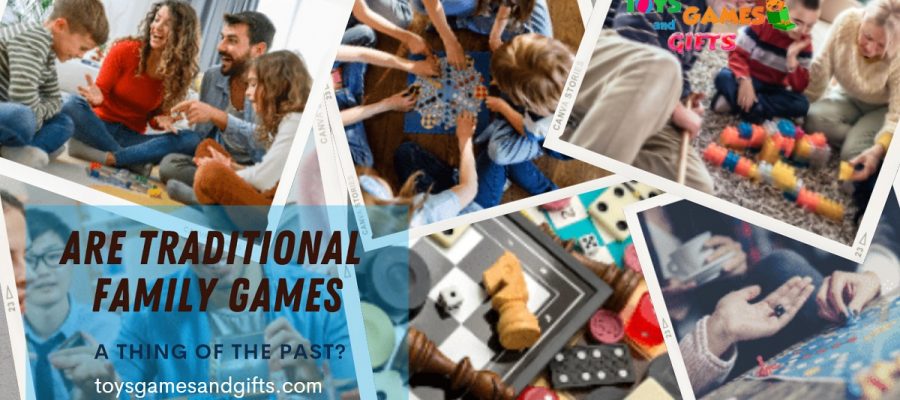Content Table:
Are Traditional Family Games a Thing of the Past?
Board games have evolved massively over the years. As a child, my memories of board games include classics like Monopoly, Draughts, Cluedo, and Guess Who. These games provided countless hours of fun, allowing families to bond and pass the time together.
Monopoly: A Personal Favorite
My favorite game was Monopoly, a game that ironically gave me insight into real estate—something I now pursue as a career as an estate agent. Is that a coincidence, or did my childhood obsession with Monopoly shape my subconscious?
Many Sunday afternoons were spent with my four sisters, often leading to playful disputes over the game. The first argument would usually center around which token to choose, whether it be the iron, the shoe, or the car. My favorite token was always the dog!
After selecting tokens, we would squabble over who would take the first turn and who would assume the role of the banker. But once those discussions were settled, the game would begin, leading to hours of laughter and competition week after week.
The Evolution of Games
How things have changed! While we still have traditional board games, they are often overshadowed by the advanced technology of today. Many games are now played on computers or via DVD players using television sets.
You can now play a board game solo against a computer that serves as your opponent, rather than playing with friends or family. I find this quite sad, especially when I reflect on the joy we experienced interacting with each other and observing our spirited debates over what seemed like trivial matters at the time.
The Impact of Technology on Family Interaction
Today, I watch my own nephews spend hours alone in front of their computers, immersed in games without any physical human interaction, while their parents go about their routines. On one hand, there is an advantage: if you are an only child, you don’t miss out on gaming just because there’s no one else to play with. Traditional games like Monopoly can now be played on a computer with the software acting as your opponent, and you can even choose the level of difficulty you want to face.
However, the downside, in my opinion, is that family gatherings and the joy of interacting with one another seem to be fading away. The experience of sitting around a table, sharing laughter, and competing for victory in a board game is being replaced by solitary gaming experiences. The essence of family connection that traditional games foster appears to be at risk.
Are We Losing Something Valuable?
As we embrace this new era of gaming technology, one must ponder the implications for our family dynamics. Are we losing valuable opportunities for connection, communication, and cooperation? The laughter shared over a Monopoly game or the strategy discussions in Cluedo cannot be replicated in a digital format.
While it’s undeniable that advancements in gaming technology offer convenience and accessibility, we should not forget the importance of traditional family games. They have played a significant role in shaping our relationships and memories. The question remains: can we find a balance between modern gaming and traditional board games to ensure that family interaction thrives?
Conclusion
As we look toward the future, it is essential to recognize the value of traditional family games. They not only provide entertainment but also foster relationships, communication, and shared experiences. While technology continues to reshape the gaming landscape, let’s not allow traditional games to become relics of the past. Instead, let’s celebrate them and create opportunities for families to come together and enjoy the timeless joy they bring.
Let’s keep the spirit of family gaming alive!



